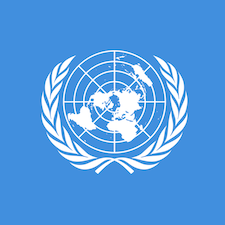2nd Meeting of the third substantive session of the Open-Ended Working Group (OEWG) – 2019
9 Sep 2019 02:00h
Related topics
Related event

Open-Ended Working Group (OEWG) – First substantive session
9 Sep 2019 10:00h - 13 Sep 2019 18:00h
New York, USA
